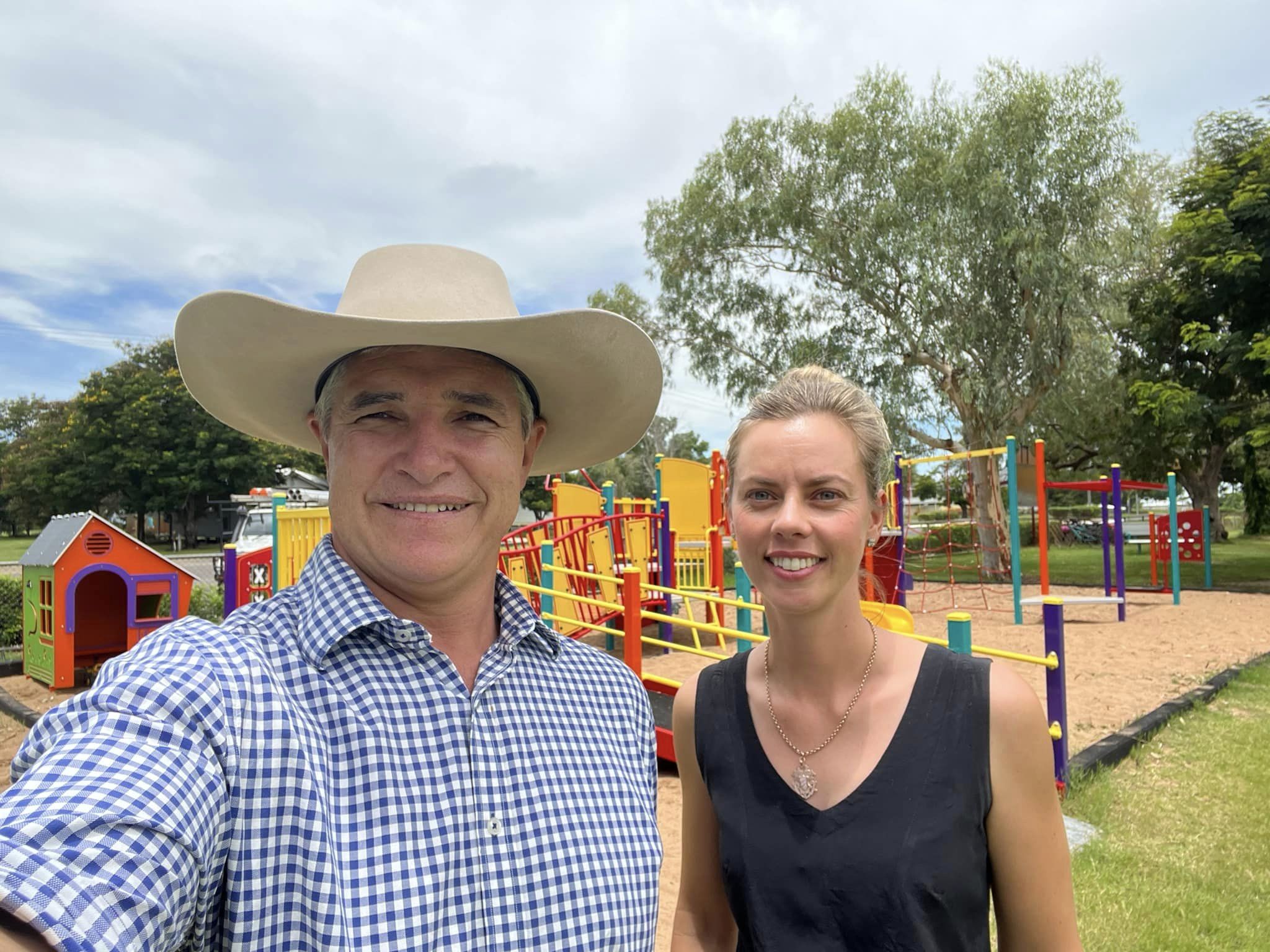
20 Feb SECONDARY SCHOOLING OUT OF REACH FOR SMALL TOWNS
The transition of Year 7 into secondary school in 2015 was welcomed by many, but Katter’s Australian Party leader and Traeger MP Robbie Katter has described it as another thump in the chest for battlers in rural and remote areas.
His concerns stemmed from that fact that many of the small towns within his Traeger electorate had only a primary school.
“These days, once a child living in such a town finishes Year 6, families don’t have many options,” Mr Katter said.
“They either make the difficult decision to send their child, often as young as 11, away to boarding school, which in many instances is thousands of kilometres away; they educate their child through the School of Distance Education, denying them daily social interaction and face-to-face learning support; or they pack up their lives and relocate to a city that provides a secondary school option.”
Mr Katter said the inconvenience of having to uproot a family’s life was only the tip of the iceberg.
“Aside from that, you’re taking families out of small towns. The mum might be a local teacher and the dad a mechanic.”
In the town of Ravenswood, the mine manager expressed concerns held by potential job applicants.
The goal to have a permanent resident mining workforce in town was being thwarted by the reluctance of families to settle in Ravenswood with the prospect of having to relocate once their child reached Year 6.
With no education continuity, towns like Ravenswood were losing valued residents to larger cities.
“In addition to that, a family considering moving to, investing in or building in a small town may very well be turned off by the fact in a short two years’ time they will be forced to send their child to boarding school,” Mr Katter said.
“Why move there when you can move somewhere that offers a secondary school education?
“These small towns and the people living in them can’t afford this type of hindrance and I want to provide a solution to the issue.”
A petition had been developed, and Mr Katter was calling on people who were affected by the issue or may benefit from the ability to keep their children home longer to have their say.
“The petition will call on the House to provide a solution, whether that be the establishment of learning facilities at the current primary schools that allow children in Years 7-10 to learn through distance education with the support of teacher aides and daily interaction, or the expansion of the current primary schools to accommodate Years 7-10 students in the traditional learning manner,” he said.
Access the petition at the link below:
https://www.parliament.qld.gov.au/Work-of-the-Assembly/Petitions/Petition-Details?id=3857
—ENDS—
Photo caption: Robbie Katter MP with Richmond State School principal Elizabeth Mayo.

Sorry, the comment form is closed at this time.